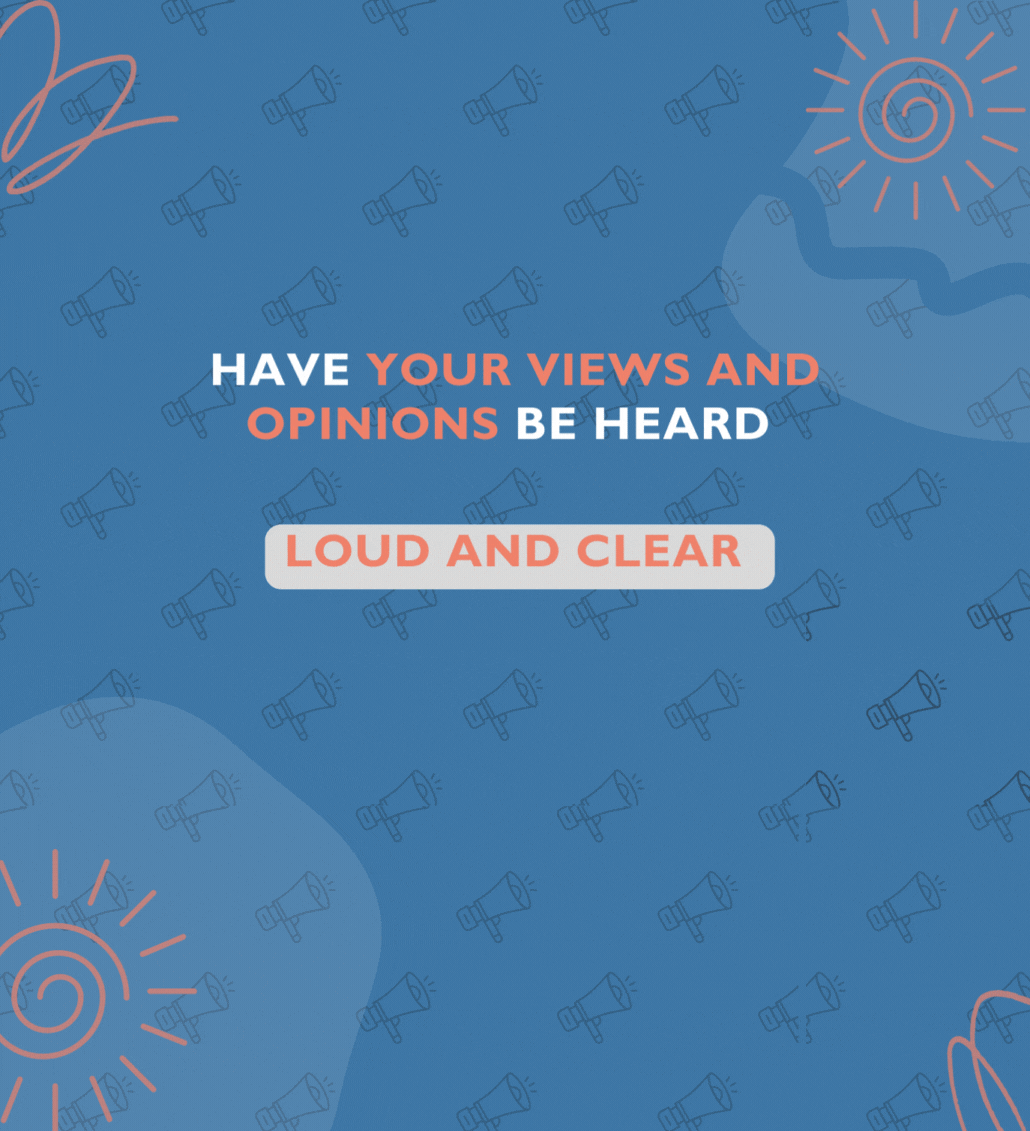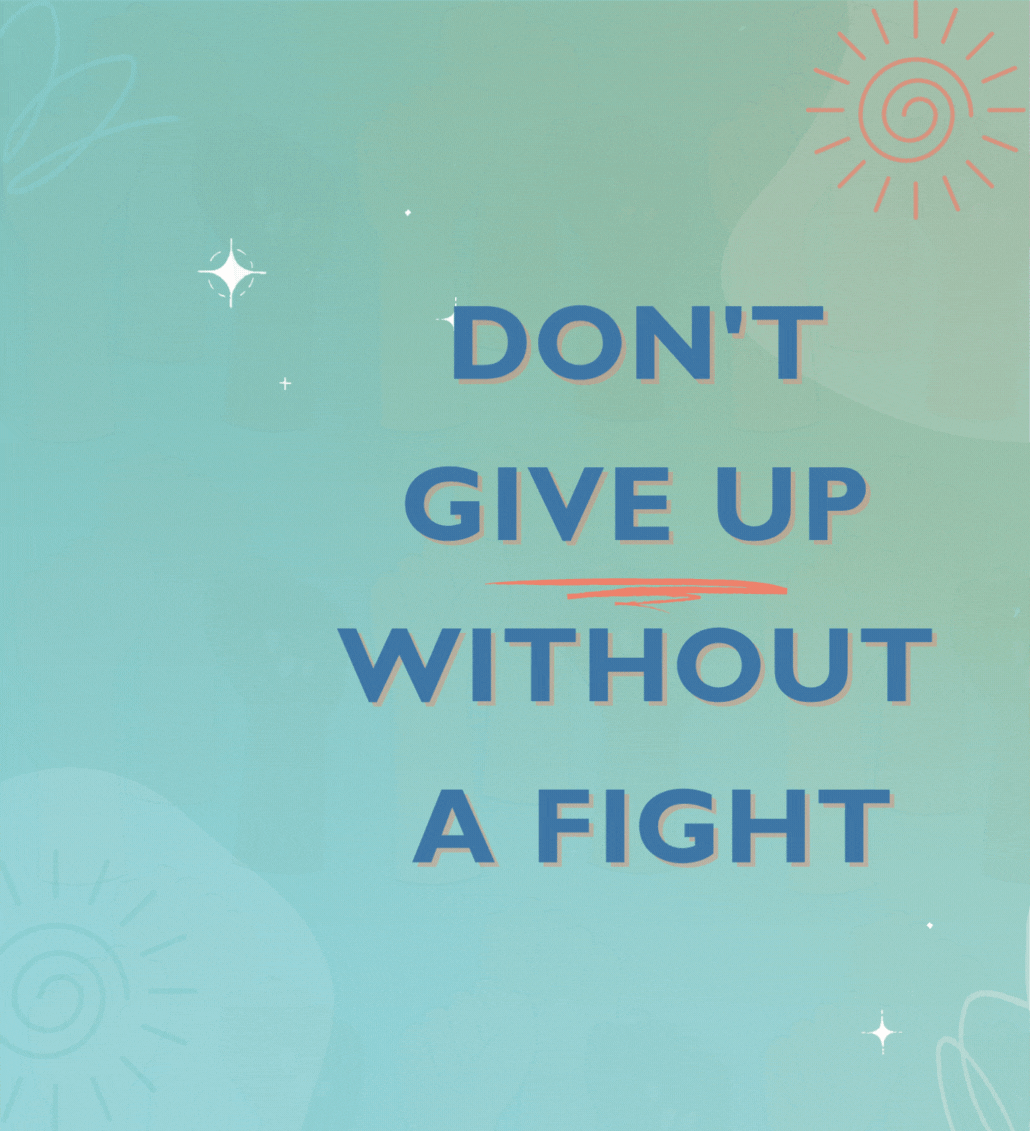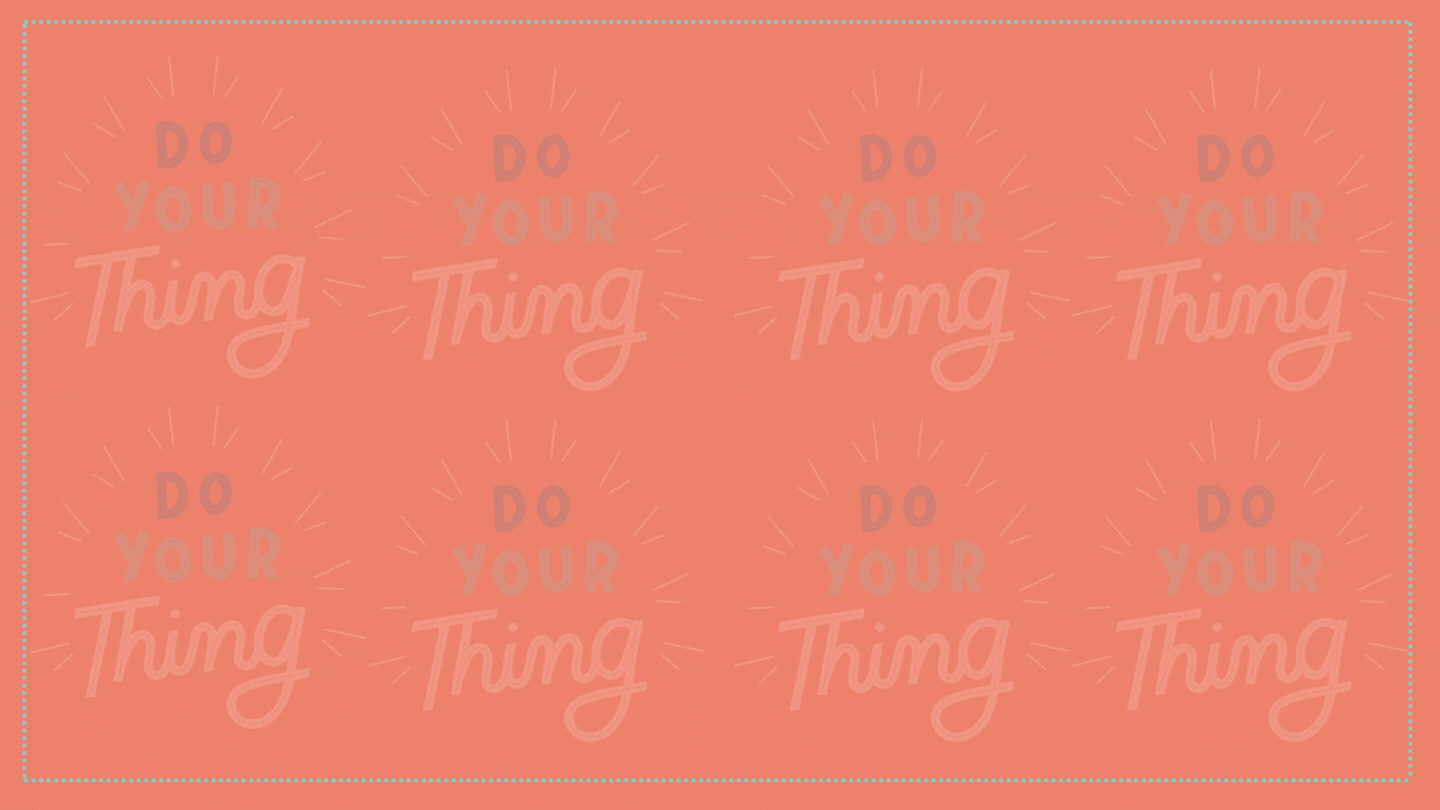Voting
The cuts to greenhouse gas emissions announced by governments around the world since the Paris Climate Agreement are too small-scale to meet the urgent target of keeping global temperature rises below 2 degrees celsius. Bearing that in mind, it is natural to feel like the climate crisis always takes the backstage and that politicians are not doing enough to combat climate catastrophe.
If you find yourself feeling disillusioned with politics and are not sure why you should vote in the next election, read on.
Why should I vote?
Get politicians to work for young people
Politicians sometimes consider voter turnout when making policy decisions. If a certain demographic's turnout is high, politicians may be more likely to vote for, or pursue policies that the particular demographic cares about, in order to retain or win their votes in the future.
This means that if more young people vote, elected representatives may make policy decisions that benefit young people.
influence decision makers and decision making
By casting your vote, you can support a candidate who will represent your views in Parliament and can influence policies that you care about. If you don’t vote, you waste the opportunity to have a say over who gets to make decisions on issues that matter to you.
MSPs and MPs represent you, even if you did not vote for them
Your MSPs and MPs are responsible for local issues as well as national issues. You have the right to go to them and ask for advice on certain issues or even ask them to promote an issue in Parliament.
By voting, you could help ensure either that an MSP or MP who supports issues that you care about keeps their job; or that an MSP or MP who is not doing their very best for your community no longer holds power.
What if I don’t think my preferred candidate will win?
Even if you live in a constituency where historically a large proportion of votes has gone to a particular candidate or party, your vote still matters.
Firstly, supporting a candidate who may not win shows winning candidates what issues they should focus on, if they want to win your vote in the future (for example, if a certain candidate garners a large number of votes as they campaign for the environment, the winning candidate might try to do more on this issue to win your vote next time)
Secondly, it’s worth noting that candidates have to pay a deposit to appear on the ballot papers for UK or Scottish elections. If they don’t receive 5% of the votes in the constituency, they lose that deposit - so your vote could have a direct impact on your chosen party’s finances
Thirdly, support for a particular party in past elections should be taken into account by public service broadcasters like the BBC when they are deciding how much airtime to give to parties for party political broadcasts in the run up to elections
Finally, the way elections work can be surprising at times, as a candidate who is behind might just end up in office. If everyone gave up based on the assumption that their preferred candidate would not win, real change would never happen
What if I don’t want to vote for any of the candidates?
If you do not agree with any candidate or political party, you can spoil your ballot.
If you stay at home, it is assumed you are uninterested. By actively going down to the polling station, you can express your active disengagement.
Blank and spoiled ballots are read out at the count along with the votes. Your apathy will be heard by political parties and not simply be forgotten or misconstrued as “nonchalance.” Large numbers of spoiled or blank ballots may also make politicians think about what they can do to reconnect with voters.
Voting for 16 - 17 year olds
In Scotland, 16-17-year-olds can vote in Scottish only elections.
This means that 16-17-year olds in Scotland can participate in Scottish Parliamentary Elections and in Local Council elections and were allowed to vote in the Scottish Independence Referendum. However, you must be 18 years old to vote in elections for the UK Parliament.
Remember, voting is not the only way you can participate in democracy (although it is one of the quickest and easiest ways to do so). If you want to take political action on climate change in different ways, find our list here (URL required).




